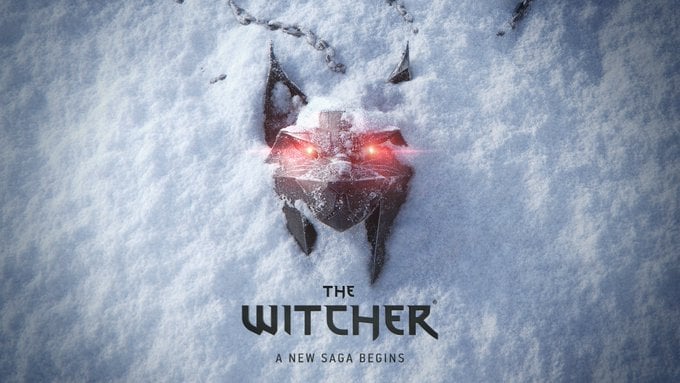CD Projekt Red has put all its chips on the table, declaring that the future of the company lies in the upcoming “Witcher” series, codenamed Polaris. As of July’s end, a robust force of 260 developers has been dedicated to this endeavour, overshadowing the company’s previous blockbuster, Cyberpunk 2077.
The new Cyberpunk DLC might be the last to be developed on the Red Engine
Adam Kicinski, the CEO, unveiled that post the September release of “Cyberpunk 2077: Shadows of the Past,” a majority of the team will shift focus to the Witcher project. For fans hoping for more Cyberpunk expansions, Kicinski confirmed those dreams won’t materialize. The reason? A tech switchover. “It’s a technical decision, to be honest. This is the last time we’ll be developing on Red Engine for the foreseeable future,” stated Kicinski.

But here’s the twist: the Cyberpunk saga isn’t over. A sequel, currently named Project Orion, is on the horizon, albeit in early planning stages. The company has hinted that this new sequel will be developed on the Epic Unreal Engine, marking a significant change in the company’s development strategy.
So, why is this a big deal? CD Projekt Red’s commitment to shift from its in-house Red Engine to the more universally acclaimed Unreal Engine signals an intention to keep up with the rapid pace of technological evolution in the gaming industry. This could mean more realistic game worlds, smoother gameplay, and potentially faster development cycles.
While the upcoming “Cyberpunk 2077: Shadows of the Past” will serve as a swan song for the Red Engine, the all-hands-on-deck approach for the new “Witcher” series seems like a fresh start. Keep an eye out for September 26 when “Shadows of the Past” rolls out on PC, Xbox Series X/S, and PS5.
It’s clear that CD Projekt Red is not just adapting to change but steering it. And for fans and industry watchers, these are exciting times indeed.
RELATED:
- AYN Loki Zero Handheld gaming console with AMD Athlon Silver APU starts shipping
- Samsung to Bring Cloud Gaming to 2020 Smart TVs Later This Year
- Best TVs for Bright Rooms in 2023 – Samsung, Hisense, & More
(Via)







